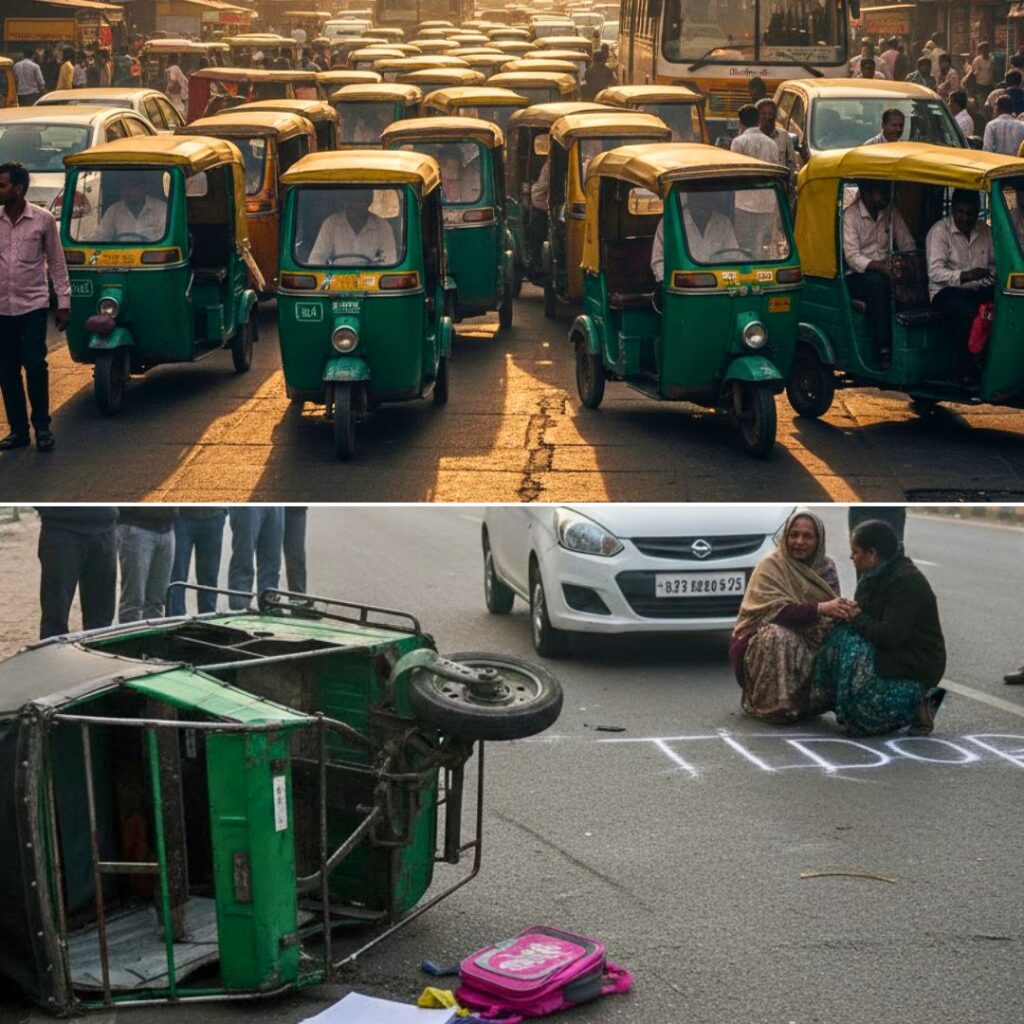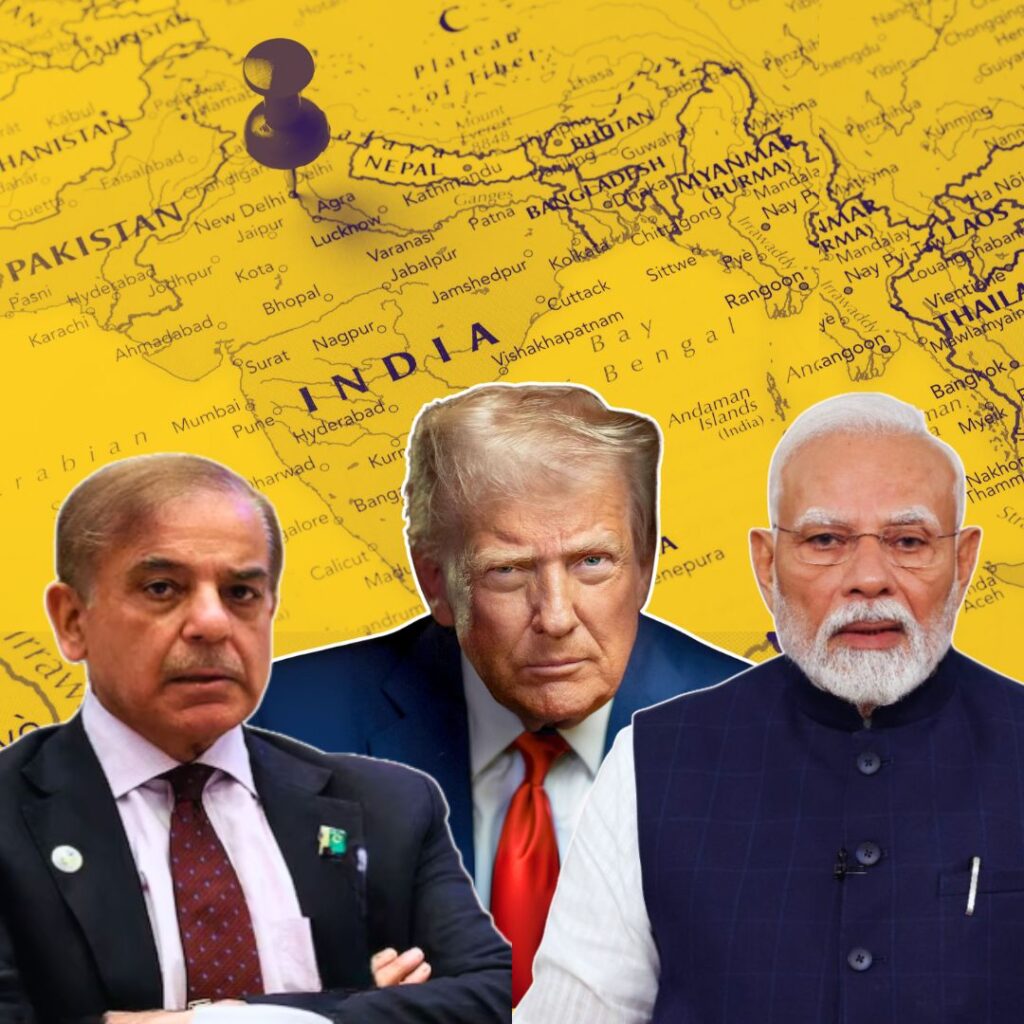In an interview with NDTV, NITI Aayog Chief Executive Officer Amitabh Kant said that the government, both the Centre and States could have done much better in taking care of the migrants who have been the worse off right from the beginning of the lockdown.
‘It is important to understand that the migrant issue was a challenge because over the years, we have created laws which have led to a huge amount of informal workers in the economy. We should have laws that ensure formalisation of workers, not informalisation,’ Kant told NDTV.
‘State governments should have ensured that the workers were well taken care of. In a vast country like India, the federal government has a limited role.’
He added that this was a challenge where we could have done a much better job of taking care of every single worker at the state, district, municipal and local level.
Daily wage workers lost their jobs right after the lockdown was imposed, as markets, construction projects and other industries were shut down, directly affecting their basic source of livelihood. The suspension of transportation just added to their worry.
This is one of the biggest humanitarian crises the country has faced, where these marginalized people are walking and cycling back home, covering thousands of kilometres on empty stomachs.
Talking about the challenges that lie ahead, Kant said that the virus will further spread because of mobility of people as the lockdown eases, but the concern will be to take care of the elderly and people with comorbidity, to ensure the mortality rate that has been among the lowest in the world, remains low.
Kant also lauded India’s remarkable response to the outbreak from the beginning, compared to the other countries in the world, by containing the exponential growth of the virus for a long period, that gave ample time for adequate preparations across the states, right from large scale manufacturing of PPEs to the number of ventilator orders which have flown to domestic companies.











